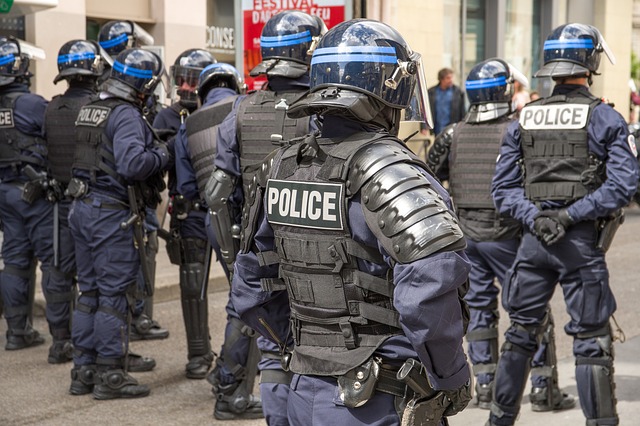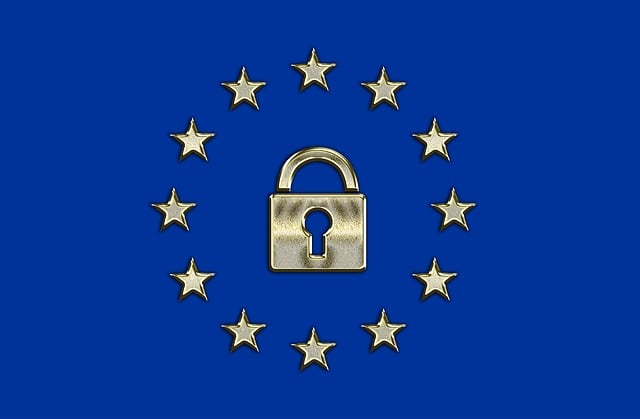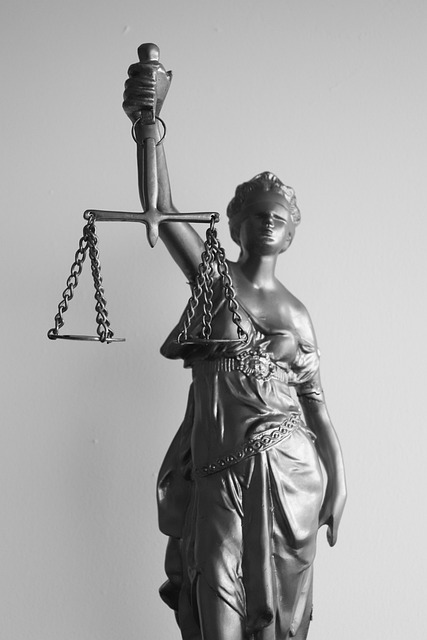Miranda Rights in criminal proceedings safeguard suspects' silence and right to counsel during arrest. Law enforcement must verbally and in writing convey these rights before questioning. Waiving these rights can streamline investigations but must be voluntary and intelligent to maintain integrity. Understanding Miranda Rights is crucial for fairness, preventing evidence suppression, and successful defenses against charges like white-collar crimes. Accurate advisements ensure fair trials for individuals and corporations.
“Unraveling the complexities of criminal law begins with understanding foundational rights—chief among them, the Miranda Rights. This comprehensive guide delves into the essential aspects of Miranda Rights in criminal proceedings, offering a clear, basic framework for defense and prosecution alike. We explore the significant impact of waiving these rights, highlight common pitfalls in handling criminal cases, and present case studies of notable Miranda rights violations, providing valuable insights for legal professionals.”
- Understanding Miranda Rights: A Basic Guide
- The Impact of Waiving Miranda Rights
- Common Mistakes in Criminal Proceedings
- Case Studies: Notable Miranda Rights Violations
Understanding Miranda Rights: A Basic Guide

Understanding Miranda Rights is crucial in navigating criminal proceedings, ensuring that suspects are protected from self-incrimination. These rights, established by the U.S. Supreme Court, inform individuals of their constitutional privileges when under arrest. The basic guide to Miranda Rights states that a suspect has the right to remain silent, anything they say can and will be used against them in court, and the right to an attorney. This simple but powerful framework is designed to achieve extraordinary results by protecting both corporate and individual clients from potentially prejudicial self-incrimination.
In practice, law enforcement officers must inform suspects of these rights verbally and in writing before any questioning begins. This process, often referred to as “reading the Miranda,” ensures that individuals are fully aware of their legal protections, especially in cases involving white-collar and economic crimes where nuances and complex circumstances can arise. By understanding and upholding Miranda Rights, the criminal justice system fosters fairness and due process for all involved.
The Impact of Waiving Miranda Rights

In criminal proceedings, the Miranda Rights play a pivotal role in protecting the rights of individuals accused of crimes. This constitutional right, established by the Supreme Court, ensures that suspects are informed of their right to remain silent, their right to an attorney, and the potential consequences of waiving these rights. Waiving Miranda Rights can have significant implications for the course of a case. When a suspect voluntarily and intelligently chooses to give up these protections, it can lead to more effective law enforcement strategies and even contribute to avoiding indictment in some instances.
An unprecedented track record of successful investigations and prosecutions has been attributed to suspects who choose to waive their Miranda Rights. This decision allows investigators to gather evidence without the need for legal counsel, potentially revealing crucial details that could strengthen the respective business case. However, it’s crucial to ensure that such waivers are voluntary, intelligent, and made with a full understanding of the consequences, as any abuse or coercion may compromise the integrity of the entire process.
Common Mistakes in Criminal Proceedings

In any criminal law case, understanding the nuances of legal proceedings is paramount for a just outcome. One area where mistakes often occur is in the handling of Miranda Rights in Criminal Proceedings. These rights, guaranteeing the right to remain silent and the right to an attorney, are crucial protections for accused individuals. However, failure to properly advise a suspect or misstating these rights can lead to significant legal issues later. Law enforcement must ensure they clearly articulate these rights at the outset of any interrogation to avoid potential evidence suppression and other defenses, such as a white collar defense.
Moreover, mistakes in criminal proceedings extend beyond the immediate interrogation phase. They can occur throughout all stages of the investigative and enforcement process. For instance, improper collection or handling of evidence, failure to provide adequate notice, or violating due process rights can result in charges being dismissed or reduced. Understanding these potential pitfalls is vital for both prosecutors and defense attorneys alike. Knowing how to avoid indictment starts with meticulous attention to detail and a deep understanding of the law at every step.
Case Studies: Notable Miranda Rights Violations

In criminal law cases, understanding the Miranda Rights in criminal proceedings is paramount. These rights, established by the Supreme Court in Miranda v. Arizona, ensure that suspects are informed of their constitutional protections during interrogation. Violations of these rights can lead to significant legal repercussions, as demonstrated by various case studies involving notable Miranda rights violations.
One such case highlights the importance of proper advisement. In an unprecedented track record, a police officer failed to recite the full Miranda warning, omitting details about the right to remain silent and the consequences of waiving these rights. This oversight resulted in a successful appeal for the defendant, who had previously confessed to a crime. The court emphasized that any deviation from the established protocol could compromise the integrity of subsequent evidence, underscoring the crucial role of accurate Miranda advisements in ensuring fair jury trials for corporate and individual clients alike.
In understanding and applying Miranda rights in criminal proceedings, it’s crucial to stay informed about both the law and its practical implications. By recognizing common mistakes and studying notable case studies, legal professionals can ensure fair and just outcomes for all involved. The impact of waiving these rights highlights the necessity of clear communication and procedural adherence, emphasizing the central role of Miranda rights in protecting individual freedoms within the criminal justice system.






